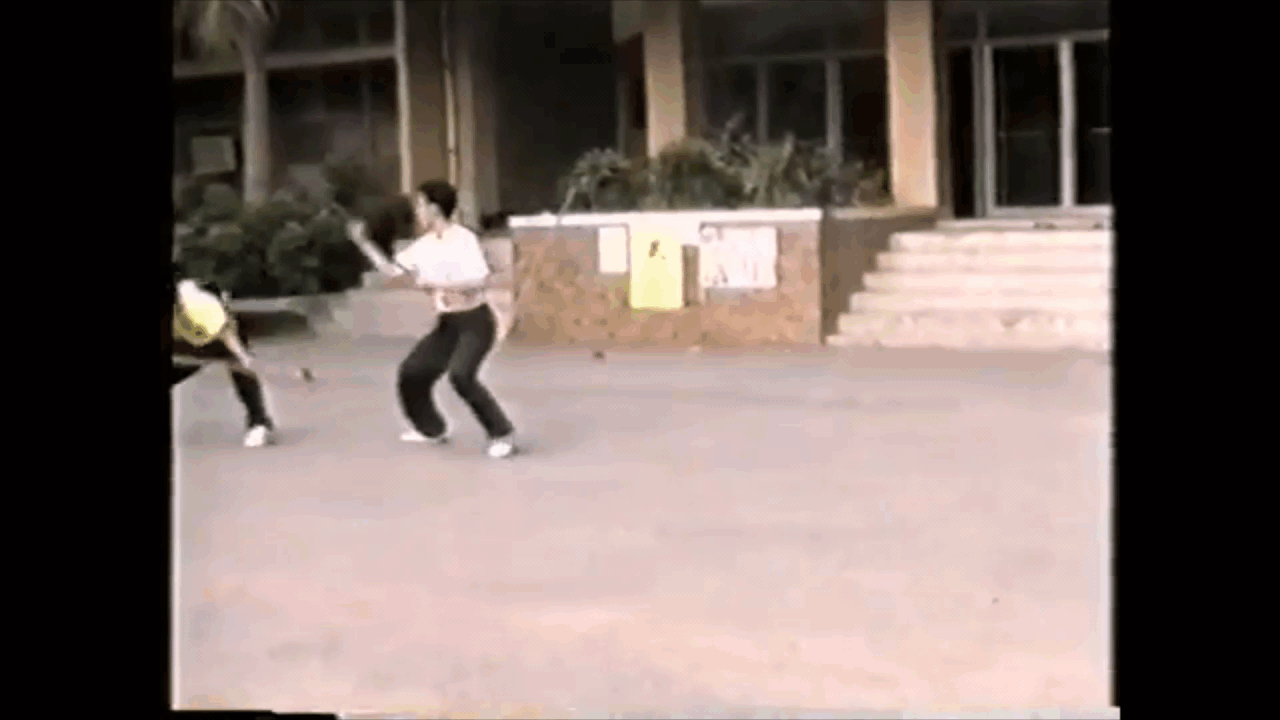First question.... where does this take place? What country? What state? What are the statutes in that country / state? Is there a duty to retreat? ....
We have all heard the guy say "If the bad guy comes, I will just kick him in the groin." Or "I will just punch him in the jaw, and knock him out." We know, that there is a little more to it than that. We have to learn and train the proper way to kick and punch. We have to learn how to set it up, how to create the opening. We learn how to defend it, what to do when the other guy defends it.... In fact, most of us spend a significant part of our lives training in ways to punch, kick, choke, submit.... the other guy... because it is harder to do and to just kick him in the head.
All I am suggesting is that we spend a fraction of that time investigating and researching the law that will be applied once we use what we train. Sure we like to use the famous "better to be judged by 12 than carried by 6," or "it was self defence." But, just like learning to kick him in the head.... there is much more to it than that.
If someone were afraid for their life, due to an imminent threat of a larger opponent attacking them, is it reasonable that they would grab a weapon of opportunity and use it to hit the attacker as hard as possible?
If someone was attacked by a larger opponent, and they gently controlled the attacker to the ground, and then maintained a dominant top position for minutes.... is it reasonable to think that they were afraid for their life? If that person does control the other guy to the ground, does that mean that they were entering into mutual combat, thus becoming a co aggressor? This means that self defense is now off the table, as that person willfully became a co aggressor. However, once the dominant position was achieved, did we arrive at a disparity of force against the other guy? This would mean that self defense is on the table for him.
In reality, these things will all be handled on a case by case basis. The location of where this takes place, will tell you which set of laws to use when interpreting the incident.
This guy does not spend too much time on it (the guy I wanted to use, gives better explanations, but then uses current / recent events to illustrate... which I fear may be considered political content) but disparity of force can occur during an altercation. Two equal men start to fight. At this point, it is mutual combat, neither can claim self defense. But if one gets his knee broken or ends up on the ground with the other guy on top doing damage or has an imminent threat of bodily damage, a disparity of force has now been arrived at, allowing the one to now use self defense and lethal force, but not the other.
Spending some time to understand how the law in your area looks at this stuff is all I am suggesting here. It may not change what you do during the altercation, but maybe you adjust what you do after, and how you explain your side to the police that makes all the difference in how things go in court.




